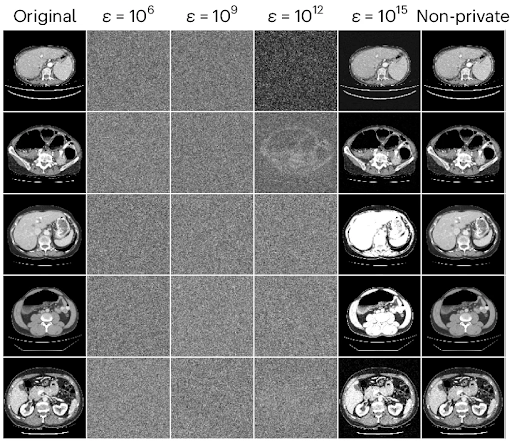Senate Republicans released text for a budget resolution Thursday that, if enacted, could substantially alter the home-based care industry.
The budget framework directs the House Committee on Energy and Commerce, the committee with jurisdiction over Medicaid, to slash the deficit by at least $880 billion between 2025 and 2034, prompting concerns from home-based care providers. The $880 billion reduction may not be possible without cutting Medicaid spending.
Sara Wilson, president and CEO of Home Assist Health, told Home Health Care News that reductions in Medicaid spending would worsen an already unsteady status quo for home-based care providers.
“Our services are already underfunded, and further reductions could limit access to essential care, putting the health and well-being of our communities at risk,” Wilson said in an email. “Without strategic planning and collaboration with industry stakeholders, broad cuts could result in unintended consequences, including higher health care costs and worsening health outcomes. It’s important to remember that the strength of local economies is closely tied to the health of our communities – and most of our health is shaped at home.”
Phoenix, Arizona-based Home Assist Health provides non-medical, home-based services to children, adults and older adults with disabilities or age-related challenges.
The budget, which would make tax cuts passed under President Donald Trump’s first term permanent, implies a “magnitude of Medicaid reductions,” according to The National Alliance for Care at Home (the Alliance).
“Due to the complexity of the state/federal Medicaid partnership, changes can often lead to unintended consequences without careful consideration of all the potential ramifications,” a statement the Alliance emailed to HHCN indicated. “For example, reforms that may appear to generate program savings can lead to increased state and federal costs. Additionally, while intent may not be to negatively impact older adults and people with disabilities, cuts in one area of Medicaid can ripple across the entire program, jeopardizing access to [home and community-based services].”
The Alliance, which formed through the merger of the National Association for Home Care & Hospice (NAHC) and the National Hospice and Palliative Care Organization (NHPCO), represents providers of home care, home health, hospice, palliative care and other services.
The advocacy group said it supports efforts to safeguard Medicaid dollars, including those dedicated to reducing fraud and improving efficiency. The organization reported that in-home care was one model proven to save costs, and that the current version of the budget would reduce access to such services for older adults and people with disabilities.
“We strongly caution Congress against pursuing significant changes to Medicaid that could trigger these types of adverse outcomes,” the statement continued.
Medicaid is a significant payer to nonprofit home-based care agencies, and significant cuts would “severely harm” older adults around the country, according to a statement released by LeadingAge, an association of nonprofit providers of aging services.
“Our providers that take Medicaid have already streamlined operations to the extent possible – the only options that will be left will be closure or to stop accepting Medicaid,” Katie Smith Sloan, president and CEO of LeadingAge, said in a statement. “This will leave huge gaps in care and services for older adults and ultimately, be more expensive to the health care system overall.”
While the current version of the budget could negatively impact providers and recipients of home-based care, decisions regarding which programs would bear the brunt of the planned spending reductions have not yet been made.
Uncertainty surrounding the budget resolution framework makes it difficult to predict the exact impact of potential cuts, according to Wilson.
“However, regardless of the outcome, we are committed to remaining a steadfast provider of essential services for our members and the broader community,” she said. “At Home Assist Health, we will continue to focus on the individuals and families who depend on us, ensuring that we deliver care with compassion and integrity, even in challenging times.”
Senators are expected to begin voting by the weekend, according to NPR.
The post Proposed Federal Budget Spells Problems For Medicaid, Home-Based Care Industry appeared first on Home Health Care News.











